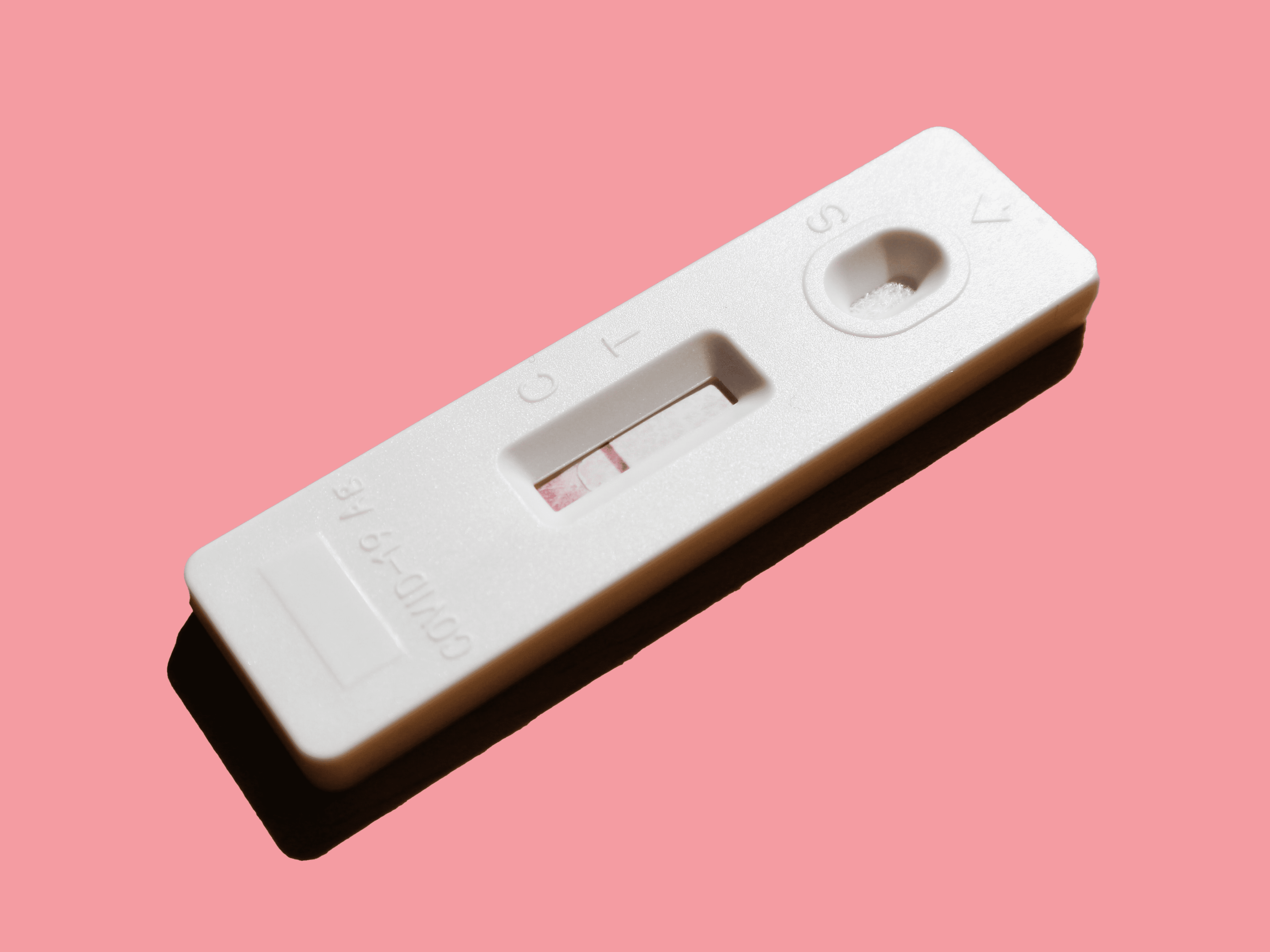
When to Take a Pregnancy Test After Intercourse: A Comprehensive Guide
Finding out whether or not you’re pregnant after having intercourse can be essential in planning your future. Fortunately, modern science has provided us with home pregnancy tests that are convenient and easy to use. However, it’s critical to understand the timing of these tests to ensure accurate results. In this article, we will explore the factors that influence when you can take a pregnancy test after intercourse and provide a comprehensive guide to help you determine the soonest possible time to take the test.
Understanding the Menstrual Cycle

To comprehend when it is appropriate to take a pregnancy test, it is crucial to have a basic understanding of the menstrual cycle. The menstrual cycle typically lasts around 28 days, although it can vary from woman to woman. It is divided into three phases: the follicular phase, ovulation, and the luteal phase. Ovulation occurs approximately midway through the cycle when an egg is released from the ovary and is available for fertilization.
The Timing of Pregnancy Tests

The timing of a pregnancy test after intercourse depends on several factors, including the sensitivity of the test and the regularity of your menstrual cycle. Most over-the-counter pregnancy tests claim to detect pregnancy as early as the first day of your missed period. However, earlier than that, some tests can detect the presence of the pregnancy hormone, human chorionic gonadotropin (hCG).
Testing Before a Missed Period:
Early-detection pregnancy tests are available if you are eager to find out whether you are pregnant before your missed period. These tests can detect hCG levels as early as 6-8 days after ovulation, but keep in mind that their accuracy increases with time. Testing too early may result in a false negative, as hCG levels may not be sufficiently high to be detected.
Testing After a Missed Period:
Waiting until you have missed your period before taking a pregnancy test is generally recommended for the most accurate results. By this time, the hCG levels should be sufficient for most tests to detect pregnancy accurately. If you test too early and receive a negative result, you may want to wait a few more days and retest.
Testing if Your Period is Irregular:
If you have an irregular menstrual cycle, it can be challenging to determine when to take a pregnancy test. In such cases, it is advisable to wait at least three weeks after unprotected intercourse before taking a test. If you have irregular periods and are sexually active, consulting with a healthcare professional may be beneficial.
Follow Instructions Carefully:
When taking a pregnancy test, it is crucial to carefully read and follow the instructions provided with the test kit. Different brands and types of tests may have varying instructions, so understand how to use the specific test you have chosen. This will help ensure accurate results.
Concluding Thoughts
Determining the appropriate time to take a pregnancy test after intercourse is essential for reliable results. Testing too early can lead to false negatives while waiting for a missed period generally yields more accurate results. If you have irregular periods, consulting with a healthcare professional for guidance may be necessary.
Remember that home pregnancy tests are designed to provide a convenient and private way to determine whether you are pregnant, but they are not infallible. If you receive a positive result, it is advisable to consult a healthcare professional to confirm the pregnancy and discuss the next steps.
Always prioritize your sexual health and consider using contraceptives if you are not planning a pregnancy. If you have any concerns or questions about pregnancy testing or contraception, consult your healthcare provider, who can provide personalized advice based on your unique circumstances.
